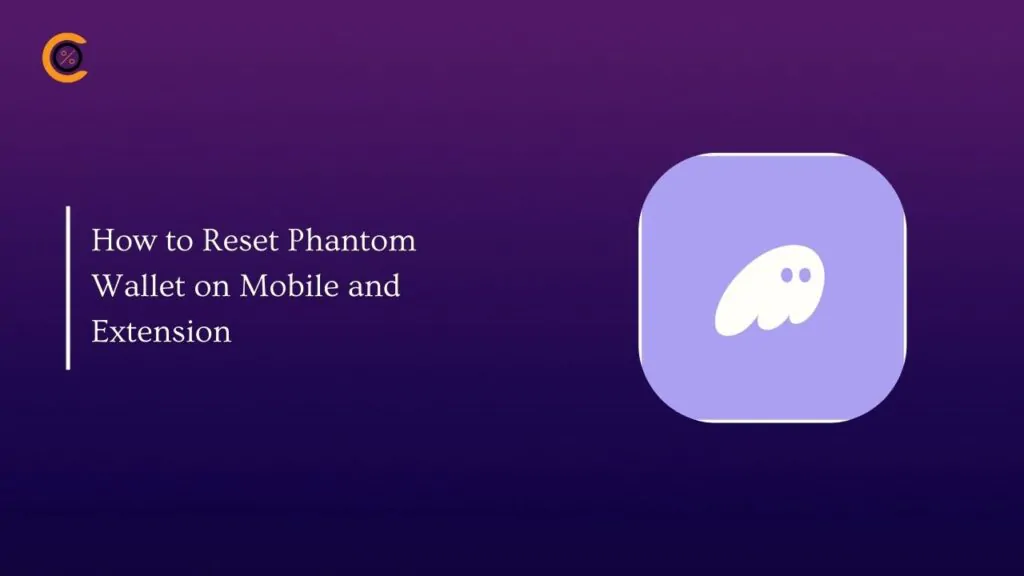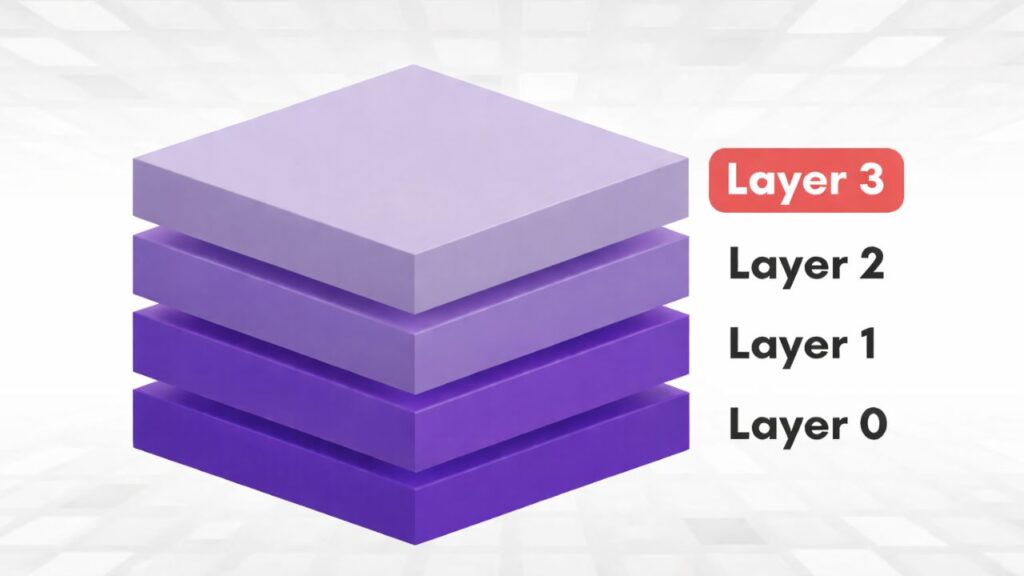Cryptocurrency has seamlessly integrated with traditional finance, offering a range of crypto debit cards that empower users to spend digital assets in real-world transactions. This blog unveils the year’s top 5 crypto debit cards, exploring their features, benefits, and how they bridge the gap between the crypto and fiat worlds.
Stay tuned to discover the key players shaping the future of decentralized spending and financial flexibility with the best cryptocurrency debit cards in 2026.
Top 5 Crypto Debit Cards
After reviewing multiple exchanges, analyzing their fee structures, reliability, and availability, here is our list of the 5 best crypto debit cards:
- Nexo – Flexible Crypto Debit Card
- Crypto.com – All-in-One Crypto Financial Services
- Bybit – Versatile Spending & Rewards
- Wirex – Global Spending with Rewards
- BitPay – Popular for Instant Conversion
| Card Provider | Card Type | Cashback | Monthly Fee | Supported Countries | KYC Requirement |
|---|---|---|---|---|---|
| 1. Nexo | Mastercard | Up to 2% | $0 | 200+ | KYC Required |
| 2. Crypto.com | Visa | Up to 8% | $0 | 30+ | KYC Required |
| 3. Bybit | Mastercard | Up to 10% | $0 | 100+ | KYC Required |
| 4. Wirex | Visa/Mastercard | Up to 8% | $0 | 130+ | KYC Required |
| 5. BitPay | Mastercard | Up to 1% | $0 | 1+ | KYC Required |
1. Nexo
Nexo’s crypto-backed credit card is a distinctive financial tool, allowing users to unlock loans without parting with their cryptocurrency holdings. The card’s noteworthy features include a fee-free ordering process and the enticing perk of up to 2% cashback on card transactions.
Remarkably, the associated loan does not impose minimum monthly repayments, providing flexibility to users after the ending of free withdrawals at 1.99 EUR/GBP per withdrawal.
To utilize the card, individuals in European economic areas must possess both a Nexo account and the corresponding app, creating a requirement for these essential conditions. Also, Nexo is available in the USA and the European Economic Area (EEA).
Nexo Pros & Cons
| 👍 Nexo Pros | 👎 Nexo Cons |
|---|---|
| ✅ Transactions are highly secure | ❌ Exclusive to Nexo users |
| ✅ The platform has a strategic partnership with Mastercard | ❌ Restricted by geographical limitations |
| ✅ Users can access instant loans | |
| ✅ Numerous avenues for earning are available | |
| ✅ Enjoy tax relief benefits |
2. Crypto.com
Crypto.com, a leading crypto debit card provider, distinguishes itself with a user-friendly model. Boasting no annual fees, it offers financial flexibility to users. With support for multiple cryptocurrencies, Crypto.com ensures a comprehensive range of digital assets can be utilized for transactions.
A standout feature is its rewarding system, providing users with up to 5% cashback on their spending. The Ruby Steel card, a popular and cost-effective choice, offers 1% cashback on all transactions and a 100% rebate on the initial six months of an annual Spotify subscription.
Other cards in the Crypto.com lineup provide varying cashback percentages, additional rebates on streaming services, and continued benefits of zero ATM withdrawal fees for up to USD 1000 monthly making them a compelling choice for crypto enthusiasts. The card is available for global users, including the USA and many European countries.
You can learn more about Crypto.com in our comprehensive Crypto.com exchange review.
Crypto.com Pros & Cons
| 👍 Crypto.com Pros | 👎 Crypto.com Cons |
|---|---|
| ✅ Multiple cryptocurrencies are supported | ❌ Acquisition of Crypto.com's CRO tokens is a requirement |
| ✅ Enjoy rebates on streaming services | ❌ Enhanced card perks demand higher staked amounts |
| ✅ There are no issuance or monthly fees |
3. Bybit
Bybits’ virtual card incurs no issuance fee, a 5 EUR/GBP/USDT fee applies to the physical card. For ATM withdrawals using the Bybit Card, a 2.00% fee is charged after the initial 100 EUR/GBP monthly limit.
The card supports Bitcoin (BTC), Ether (ETH), Ripple (XRP), Tether (USDT), and USD Coin (USDC), along with fiat currencies EUR and GBP (depending on residency). Bybit customers also face a 0.50% foreign exchange fee and a 0.9% crypto conversion fee for conversions exceeding 1 EUR/GBP.
Globally recognized, the Bybit Card operates on the Mastercard network, ensuring widespread acceptance across major payment networks globally and offering a valuable advantage in worldwide transactions.it is available to many users across the globe, including the US and Europe.
You can learn more about Bybit in our comprehensive Bybit review.
Bybit Pros & Cons
| 👍 Bybit Pros | 👎 Bybit Cons |
|---|---|
| ✅ Users benefit from the global acceptance of the Bybit Card's | ❌ Bybit debit cards have daily, monthly, and annual spending limits |
| ✅ diverse cryptocurrency support, including BTC, ETH, XRP, USDT, and USD Coin USDC |
4. Wirex
Wirex, a pioneering crypto debit card service established in 2014, stands out with its user-friendly features. They are offering its services in over 130 countries. Cardholders, especially in Europe, the U.S., and a few Asia Pacific countries, benefit from the convenience of no issuance, monthly, or withdrawal fees.
For US users, the ATM charges are free up to 250 USD monthly, 2% after that. Particularly noteworthy is the absence of account fees, providing a cost-effective solution. Users also enjoy attractive rewards, potentially earning up to 8% cashback on transactions. It is available in the US and Europe.
Wirex Pros & Cons
| 👍 Wirex Pros | 👎 Wirex Cons |
|---|---|
| ✅ Earn cashback and referral bonuses with Wirex | ❌ Earning rewards on Wirex requires maintaining a balance in Wirex WXT tokens |
| ✅ Enjoy Wirex with no issuance or monthly fees |
5. BitPay
Founded in 2011, BitPay aimed to simplify Bitcoin acceptance for businesses and has grown to become one of the world’s largest Bitcoin payment processors. The BitPay Card offers a hassle-free way for Bitcoin users to convert their cryptocurrency into dollars, usable globally wherever Visa is accepted. Using the card for payments within the United States incurs no transaction fees.
However, a 3% fee covers currency conversion costs for international transactions. Additionally, domestic and international ATM or cash-back withdrawals charge a fee of 2.50 USD. The mobile app facilitates transaction tracking, and dollar reloads around USD 1000 daily, with a maximum spending monthly limit of USD 25,000. It is valuable in all US states but not in US territories.
BitPay Pros & Cons
| 👍 BitPay Pros | 👎 BitPay Cons |
|---|---|
| ✅ Globally accepted debit card | ❌ Exclusive to residents of the United States |
| ✅ Settlement in domestic currency | ❌ Home address required; PO boxes not accepted |
| ✅ Accessibility on Desktop, Android, and iOS platforms | ❌ Withdrawal fees are comparatively elevated |
What is a Crypto Debit Card?
A crypto debit card is a payment card that allows users to spend their cryptocurrency holdings at traditional merchants accepting card payments. These cards are linked to a crypto wallet, enabling seamless conversion of digital assets into fiat currency during transactions.
People use crypto debit cards for practicality, bridging the gap between the crypto and traditional financial worlds. crypto debit card simplifies spending cryptocurrency by allowing users to directly access their crypto balance for transactions.
Unlike the traditional process of converting crypto to fiat, which involves multiple steps such as transferring funds between wallets and exchanges, waiting for wire transfers, and accessing a bank account, crypto debit cards streamline the process. With a crypto debit card, users can spend their crypto seamlessly, either from their exchange account or a dedicated crypto account, eliminating the need for complex steps and making transactions more efficient.
This convenience appeals to crypto holders looking for a straightforward way to use their digital assets in everyday transactions. Additionally, users may benefit from features like cashback and rewards, making these cards an attractive option for those seeking to maximize their crypto assets.
How Do Crypto Debit Cards Work?
Crypto debit cards, commonly known as Bitcoin debit cards, function as prepaid cards that enable Users can load their cards with cryptocurrencies like Bitcoin or Ethereum, and these assets are then converted into fiat currency at the time of a transaction. at merchants that do not accept digital currencies. They facilitate the conversion of stored Bitcoins or other cryptocurrencies into the necessary fiat currency for making purchases.
When a user purchases or withdraws cash, the card automatically converts the equivalent amount into cryptocurrency, allowing them to spend digital assets in everyday transactions. Additionally, these debit cards offer the flexibility to withdraw cash from ATMs, supporting various fiat currencies based on the card’s specifications.
Essentially, they bridge the gap between the crypto world and traditional financial transactions, making digital assets more accessible in everyday spending scenarios. These cards often offer the convenience of traditional debit or credit cards, enabling users to use cryptocurrencies for various payments while merchants receive payments in their local currency.
Where Can I Use Crypto Debit Cards?
Debit cards linked to Bitcoin are collaboratively issued with leading credit card providers, typically Visa. These cards are applicable for online and in-store transactions wherever the respective credit cards are acknowledged. Additionally, cardholders can withdraw cash from any ATM affiliated with the credit service.
It’s essential to emphasize that Bitcoin debit cards are exclusively available to residents in particular geographic areas, predominantly in Europe. These cards facilitate transactions in specific fiat and cryptocurrencies, but users may incur charges when converting cryptocurrencies to foreign fiat currencies.
Crypto Debit Card vs. Fiat Debit Card Difference
The primary difference between a crypto debit card and a fiat debit card lies in the underlying currency used for transactions. While a fiat debit card operates with traditional government-issued currencies like dollars or euros, a crypto debit card facilitates transactions in cryptocurrencies like Bitcoin or Ethereum.
Crypto debit cards bridge the gap between the crypto and traditional financial worlds, allowing users to spend digital assets in everyday transactions where fiat is typically accepted. Unlike fiat debit cards that rely on established banking systems, crypto debit cards leverage blockchain technology for secure and decentralized transactions.
The choice between the two depends on individual preferences and the desire to integrate cryptocurrencies into daily spending or stick to conventional fiat currencies.
Crypto Debit Card Pros
Crypto debit cards offer many advantages, making them an appealing choice for cryptocurrency enthusiasts. These cards streamline the spending process, eliminating the complexities of converting crypto to fiat.
One of the key benefits lies in their convenience, allowing users to make transactions directly from their crypto balance without needing multiple intermediaries. Here are some prominent pros of crypto debit cards.
- Seamless Integration of Cryptos and Fiat
- Simplified Everyday Spending
- Rewards and Cashbacks
- Widespread Acceptance
- Enhanced Privacy
Crypto Debit Card Cons
While crypto debit cards offer undeniable advantages, being aware of potential drawbacks is crucial. One notable concern is the varying acceptance of these cards across merchants.
Unlike traditional debit or credit cards, not all businesses or regions may readily accept crypto payments, limiting the practicality of these cards in certain situations. Here are some cons that crypto debut card users may have to bear.
- Tax Implications
- Limited Global Accessibility
- Exchange Rate Fluctuations
- Transaction Fees
How to Select a Crypto Debit Card
You must consider a few factors before choosing a crypto debit card.
1. Supported Cryptocurrencies: Ensure the crypto debit card supports the specific cryptocurrencies you hold, as not all cards support the same range of digital assets.
2. Fees and Costs: Consider transaction fees, issuance fees, and other associated costs. Compare these fees across crypto debit cards to find the most cost-effective option.
3. Geographical Availability: Check if the card is available in your region, as some crypto debit cards have geographical restrictions. Choose a card that aligns with your location for seamless usability.
4. Exchange Rate Mechanism: Understand how the card handles exchange rates for cryptocurrency to fiat conversions. Look for transparent and competitive rates to maximize the value of your transactions.
5. Security Features: Prioritize cards with robust security measures, such as two-factor authentication, biometric verification, or other advanced security features, to protect your crypto assets.
6. Integration with Wallets: Ensure compatibility with your existing cryptocurrency wallets. Some cards might work better with specific wallets, providing a smoother user experience.
7. Additional Features and Benefits: Look for extra perks, such as cashback rewards, loyalty programs, or integration with other financial services. These additional features can enhance the overall value of the crypto debit card.
Final Thoughts
The quest for reliable and efficient payment solutions has led us to the top 5 crypto debit cards of 2024. These cutting-edge options offer seamless integration with digital assets, empowering users to navigate the evolving financial frontier with ease and security. Embrace the future of payments and choose wisely.







